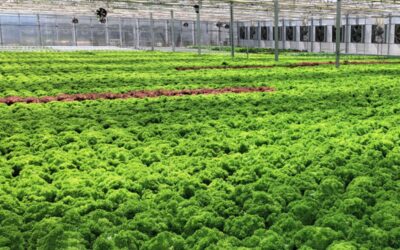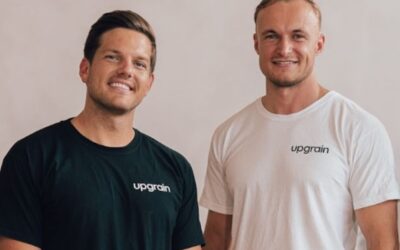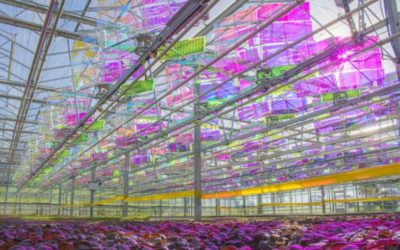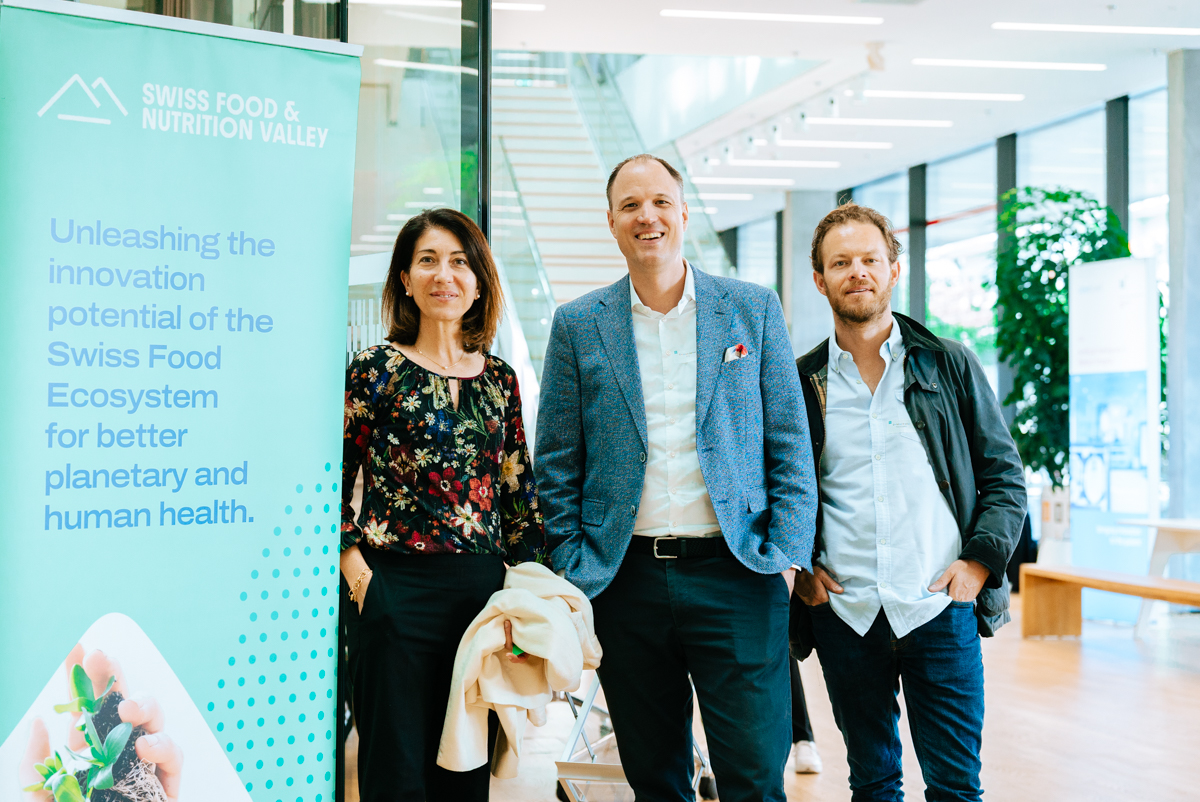In the lead-up to our next Impact...
Bühler hosts 80 innovative start-ups as part of the Masschallenge programme
Bühler hosts 80 innovative start-ups as part of the Masschallenge programme

Despite a reduction in start-up funding in recent years due to challenging economic markets, accelerators continue to provide access to vital networks and resources. The MassChallenge Switzerland 2024 accelerator program connects new companies with industry experts, corporates, and investors to develop and scale their businesses. On the 3rd July, 80 start-ups presented their solutions to corporate partners and experts at Bühler’s CUBIC innovation campus.
“We are thrilled to welcome such an inspiring group of entrepreneurs at Bühler. Collaborating with start-ups exposes us to entrepreneurial young minds, fresh ideas, and emerging technologies, pushing us out of our comfort zones and breaking traditional silos,” said Stefan Scheiber, CEO of Bühler Group. “Engaging with start-ups is essential for driving sustainability and innovation.”
Supporting initiatives like MassChallenge Switzerland enables Bühler to accelerate impact and drive forward the innovative solutions required to meet the needs of a growing global population sustainably.
The early-stage start-ups selected for the 2024 MassChallenge Switzerland come from 37 countries, spanning five continents, and have all committed to sustainability, pitching innovations in food and agriculture, industry and climate, health, nature solutions, and packaging. The solutions proposed by these entrepreneurs are diverse, ranging from combining AI with chemistry to reduce environmental impact in animal farming, risk analytics for biodiversity, robots that harvest and de-leaf plants in high-tech greenhouses, technologies that reduce fermentation time, and biobased materials to substitute plastic in packaging, to ingredients made from microalgae to replace additives (E-numbers).
“MassChallenge Switzerland attracts some the best early-stage start-ups who dare to address global challenges in food tech and other key business areas with breakthrough ideas. The cohort today is another highlight of this program. It is incredibly powerful to witness the fusion of inspiring ideas and entrepreneurship – combined with the valuable support and resources provided by corporate partners – aimed at addressing key challenges for creating a sustainable world for the next generation,” said Ian Roberts, CTO Bühler, Chairman of MassChallenge Switzerland.
For the start-ups, it is an incredible opportunity to access resources, get insights and advice from experts, test their ideas, and be more prepared to address the challenges related to scaling up the business. “It is one of the best events I have participated in so far. The openness, networking opportunities, and access to key leaders from the industry are tremendous,” said Marcin Koziorowski, Co-Founder and CEO of EcoBean, one of the start-ups most voted in the pitching round of the day. EcoBean specializes in turning coffee waste into sustainable chemicals.
About the MassChallenge accelerator programme
During the four months of the MassChallenge acceleration phase, the selected start-ups engage with industry experts, corporates, and investors to refine their businesses while receiving world-class mentoring, free co-working space, numerous key networking opportunities, and the opportunity to explore partnership opportunities.
The accelerator program culminates on October 31, 2024, at the MassChallenge Switzerland Awards Ceremony, when the best start-ups will be awarded up to CHF 1 million in zero-equity prize money, as well as several other in-kind prizes. Since its launch in 2016, MassChallenge Switzerland has accelerated over 720 start-ups, which have collectively raised around CHF 1.2 billion in funding and generated more than 50,000 jobs.
Never miss a Swiss food innovation morsel.
Latest News
Will the future of farming be soil-free?
5 questions on side stream valorisation for UpGrain CEO Vincent Vida and COO William Beiskjaer
Side stream valorisation is all about...
Givaudan collaborates with Dole Asia Holdings to upcycle green bananas into a natural texturiser
Valley partner Givaudan has announced...
Voltiris secures CHF 4.8 million seed financing to power high-tech greenhouses
Valley partner and Swiss startup,...











